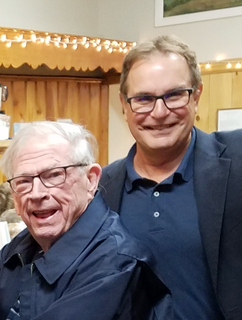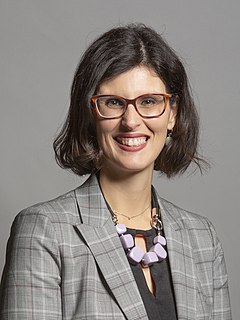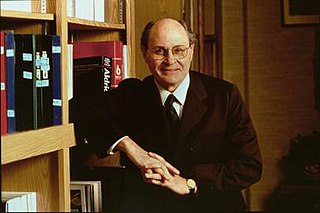A Quote by Randi Weingarten
Teaching is a profession in which capacity building should occur at every stage of the career - novices working with accomplished colleagues, skillful teachers sharing their craft, and opportunities for teacher leadership.
Related Quotes
It could be argued that all leadership is appreciative leadership. It’s the capacity to see the best in the world around us, in our colleagues, and in the groups we are trying to lead. It’s the capacity to see the most creative and improbable opportunities in the marketplace. It’s the capacity to see with an appreciative eye the true and the good, the better and the possible.
I think any sort of system that gives teachers more opportunities like teacher-led schools is a positive one that's going to lead to better retention in the profession, and it's going to be more intellectually challenging, so teachers stay engaged with their work over the many years of their career.
The purpose of studying Buddhism is not to study Buddhism, but to study ourselves. That is why we have teaching. But the teaching is not ourselves. It is some explanation of ourselves. To study the teaching is to know yourselves. That is why we do not ever attach to the teaching, or to the teacher. The moment you meet a teacher you should leave the teacher, and you should be independent. You want a teacher so that you can be independent. So you study yourselves. You have the teacher for yourselves, not for the teacher.
Pedagogy of the Oppressed resonated with progressive educators, already committed to a 'child-centered' rather than a 'teacher-directed' approach to classroom instruction. Freire's rejection of teaching content knowledge seemed to buttress what was already the ed schools' most popular theory of learning, which argued that students should work collaboratively in constructing their own knowledge and that the teacher should be a 'guide on the side,' not a 'sage on the stage.'
I started teaching in '76 and I'd been a photographer at the Geographic for six years. But prior to being at the Geographic I was a teacher. Plus my parents were teachers and my brother and my grandparents. So it was the culture of our family to think about teaching, to talk about teaching, to talk about teachers.
On the geometric level, we see certain physical elements repeated endlessly, combined in an almost endless variety of combinations. It is puzzling to realize that the elements, which seem like elementary building blocks, keep varying, and are different every time that they occur. If the elements are different every time that they occur, evidently then, it cannot be the elements themselves which are repeating in a building or town; these so-called elements cannot be the ultimate "atomic" constituents of space.
There is a great need for a new approach, new methods and new tools in teaching, man's oldest and most reactionary craft. There is great need for a rapid increase in the productivity of learning. There is, above all, great need for methods that will make the teacher effective and multiply his or her efforts and competence. Teaching is, in fact, the only traditional craft in which we have not yet fashioned the tools that make an ordinary person capable of superior performance. In this respect, teaching is far behind medicine, where the tools first became available a century or more ago.
Differentiated Instruction is a teaching philosophy based on the premise that teachers should adapt instruction to student differences. Rather than marching students through the curriculum lockstep, teachers should modify their instruction to meet students' varying readiness levels, learning preferences, and interests. Therefore, the teacher proactively plans a variety of ways to 'get it' and express learning.
When I was coaching I always considered myself a teacher. Teachers tend to follow the laws of learning better than coaches who do not have any teaching background. A coach is nothing more than a teacher. I used to encourage anyone who wanted to coach to get a degree in teaching so they could apply those principles to athletics.





































